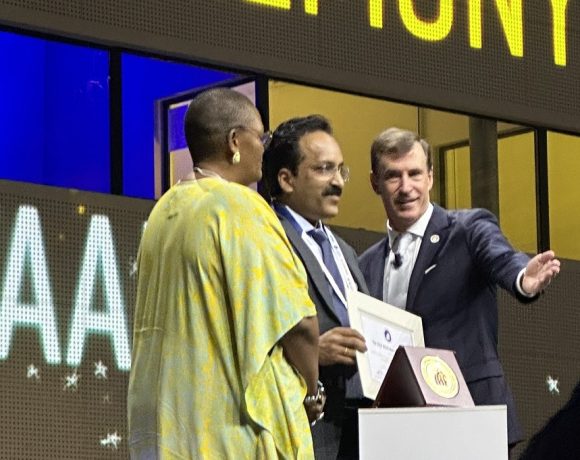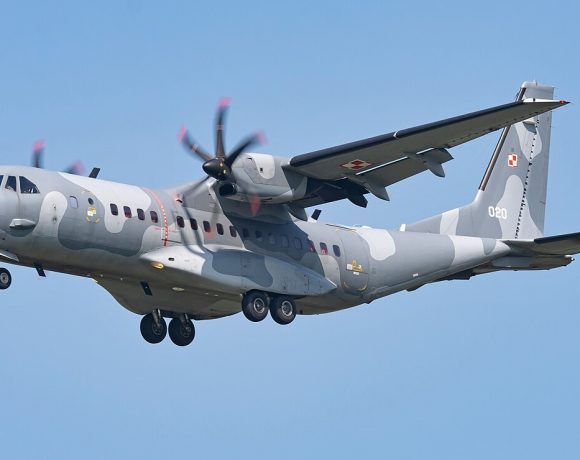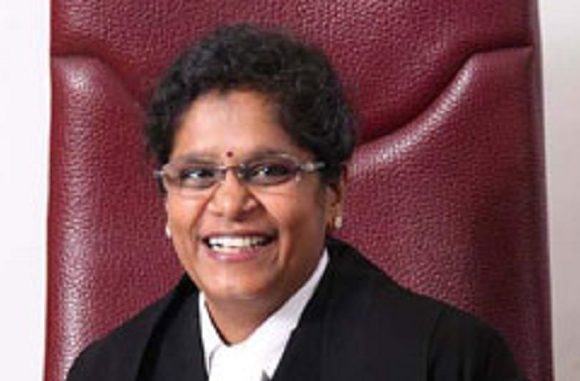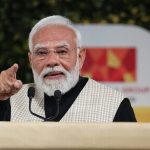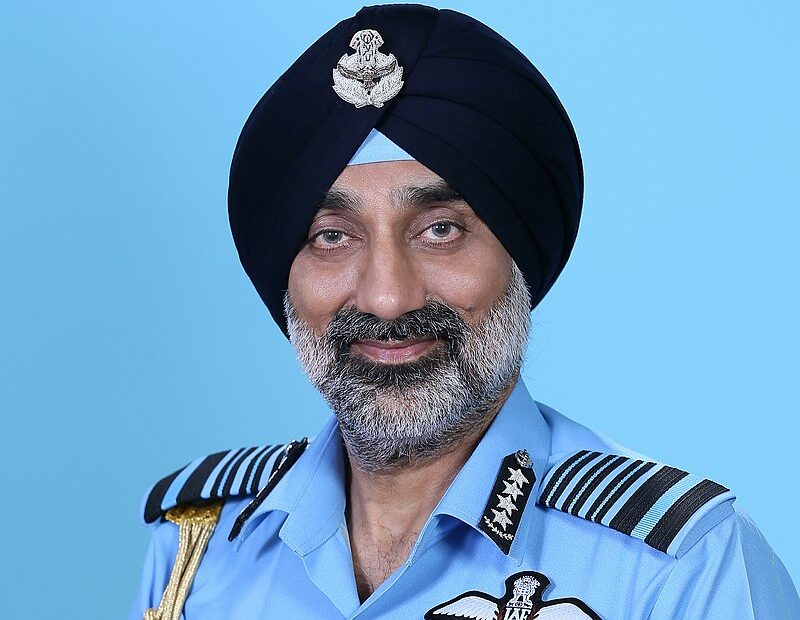
IAF Chief Slams Defence Project Delays
Air Chief Marshal Amar Preet Singh has issued a blunt and urgent warning regarding the chronic delays plaguing India’s defence procurement landscape. In a strongly worded assessment, he stated that “not a single project has been completed on time,” highlighting a systemic failure in meeting deadlines across key defence initiatives. The delays, he said, reflect a pattern of unrealistic planning and inadequate accountability.
The Air Chief expressed concern over the tendency within the services to tolerate underperformance. He noted that defence forces have been historically reluctant to directly call out lapses in delivery, which has contributed to a culture of complacency and compromised operational readiness.
Indigenous Capability and Industry Partnership Needed
Singh also emphasized the necessity for the Indian armed forces to move beyond mere assembly or manufacturing of equipment and instead focus on indigenous design and development. He called for deeper collaboration between the services and Indian industry, grounded in trust and mutual accountability.
He argued that the credibility of commitments made by defence suppliers must be seriously questioned when timelines are repeatedly missed. This failure, according to Singh, directly hampers the ability of the Indian Air Force and other services to maintain a combat-ready posture in the face of evolving security threats.
National Security at Stake
These delays are not just administrative failures, Singh warned, but have direct implications on national security. Every delay in delivery—whether it’s aircraft, missiles, or support infrastructure—sets back modernization goals and leaves the forces under-equipped. He called for a paradigm shift in procurement culture that includes tighter project oversight, stronger contract enforcement, and elimination of bureaucratic bottlenecks.
Singh’s remarks serve as a wake-up call for the Indian defence establishment to implement structural reforms, inject realism in project timelines, and restore credibility in the domestic defence ecosystem. His address is being seen as one of the strongest public criticisms from a serving military chief, underscoring the urgency for change.


